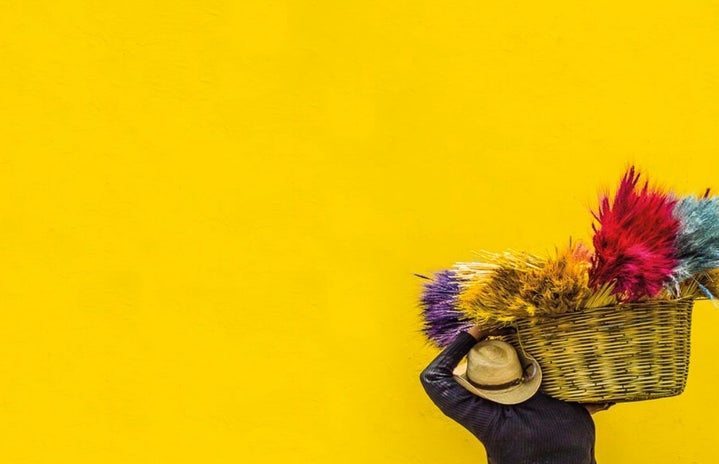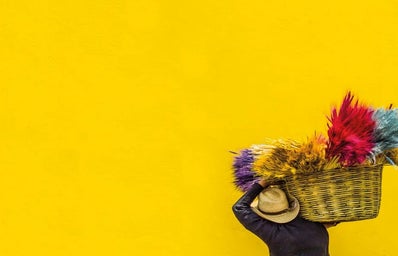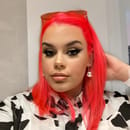Before I begin this article, I want to disclaim that I am speaking from my family’s experience within this issue.
Within the Hispanic community, there’s a lot of colorism. This is a fact however unspoken and denied by many members of the community. A majority of Hispanic countries come from tropical islands or locations around the world — for example, those in the Caribbean, as well as those in Central America. By geographical location, we are predisposed to high levels of heat and UV radiation, which can obviously make the white Hispanic skin darker. Aside from that, when looking at the history of our native lands, we come from those of native tribes, as well as from African ancestors. In summary, we as people, especially as Hispanic Latinx, come from distinct backgrounds. From black backgrounds.
Because of colonization and the “advancements” of political climates and different cultures, there’s been a shift in our Hispanic community which involves colorism. Those of darker skin often refer to themselves as ugly and dark, and talk in slurs. Those with lighter skin tend to be idolized and fit beauty standards. It’s extremely normalized and unrealistic. You’ll often hear others saying “We play around like that! We are always together!” to make up for this conscious and normalized racism and colorism. I’m here to say that this is not okay.

In Hispanic cultures, it’s normalized to appeal to the white eye. Personally, my family comes from Afro-Cuban roots; I have black family members that often refer to themselves as these things. My mother — being tan — constantly straightens and perms her afro and buys lighter foundation. She married my father who is very much “Caucasian,” and everyone to this day normalizes the phrase “Tenias que adelantar la raza,” or “You had to advance the race,” meaning that we needed to keep “whiteness” in our family to succeed. I also have a Black aunt who stays away from the sun, doesn’t go to the beach, and wears clothes that cover her body in order to avoid “getting any darker and uglier than she is.”

It’s safe to say that this is an undeniably constant and active form of colorism in every community. It’s normalized to the point that it’s often shrugged off and not looked at twice. It’s not okay, and it must change. There’s power in educated conversations, so let’s start by correcting these wrongs and focusing on the issue.




